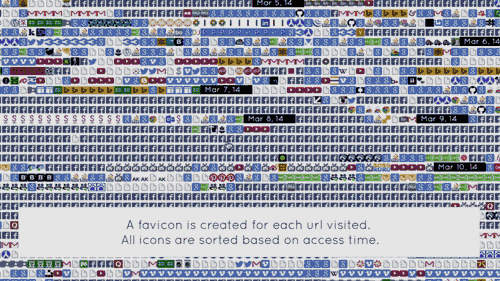My 12 rules for talking with others on the internet.
The hardest part of doing better on the internet (at least for me, and in my experience for many others) is following these rules. I don’t always get there, but I’m always trying.
1: You could always be wrong.
2: Remember that people criticizing a group of which you are a member are not criticizing you personally.
3: Do not deploy knee-jerk defenses of organizations or groups you enjoy, people can defend themselves until you do the research. Sometimes they can continue to defend themselves after you’ve done the research.
-
3b: The following can almost always defend themselves and are likely not worthy of you excusing them. Consider carefully before penning defenses of these folks:
– Multi-million dollar corporations
– Government officials
– Societies of significant size
– High profile people acting in insulting ways.
– Groups in which you are a member of a minority when the majority is acting badly. Everyone already understands it’s Not All … whatever.
– Groups in which you are a member of a silent majority and the minority is acting badly. If you’re silent about them acting badly, you are in the wrong, or at least not right.
4: When listening or reading others, believe their experiences and statements first, doing research where you have doubts second.
5: Inaccuracies don’t imply conspiracy or attack in every situation. Nor do some inaccuracies in a larger work invalidate the whole.
6: All personal experiences have validity, even if their experience of something is different than yours.
- 6b: You may disagree with their conclusions, but the experiences happened.
- 6c: No one knows your context, you don’t know anyone else’s context unless they outline it explicitly. Act accordingly.
7: Always follow the principle of least harm. If there are two options and one could potentially hurt someone’s feelings and the other doesn’t, and both get your point across, use the one that isn’t harmful.
8: Criticism of your speech or work, no matter how snarky, is not an attack. Don’t take it personally.
- 8b: Criticism of your work, or others, does not take away your ‘free speech’. Nor does moderation by others. Nor does others refusing to amplify you.
9: It’s never ‘well, that’s the way it is’. Positive change comes from challenging the status quo.
- 9b: People who challenge the status quo are not attacking you for not doing so.
- 9c: People who don’t challenge the status quo are not explicitly attacking you for doing so.
- 9d: Only you are responsible for your attempt to challenge ‘how it is’ and you should encourage, though not require, others to do so.
10: It doesn’t have to be about you, your group, your interest or your beliefs. Not everything is about you.
- 10b: A conversation that has nothing about you need not also cover you or your particular group. People not talking about you are not automatically inviting you to add on a conversation about you.
- 10c: Talking about ‘not you’ or yours is not a statement that no one should talk about you or yours, nor is it an attack on you or your interests.
11: Whenever possible, amplify other voices instead of paraphrasing, repossessing, or repeating.
12: Everyone deserves the benefit of doubt. Every person deserves your respect of them as a person.
Extra(obvious) rule: treat others as you would wish to be treated.

Jumping to conclusions, from The Phantom Tollbooth.



